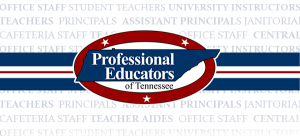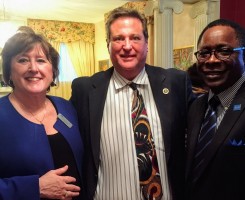The 100th anniversary of The American's Creed is April 3.
This 100-word historical document was authored by William Tyler Page who served as an employee of the U.S. House of Representatives and later became Clerk of the House.
Page is a descendant of President John Tyler, our 10th president. He is also a descendant of Carter Braxton, a signer of the Declaration of Independence.
On the eve of America's entry into World War I, Henry Chapin, editor of an educational journal, devised a contest to foster patriotism and civic responsibility among American citizens.
There were more than 3,000 submissions. Page's entry was described as "brief and simple but remarkably comprehensive of the best in American ideals, history, and tradition, as expressed by the founders of the Republic and its greatest statesmen and writers."
The House of Representatives accepted this on April 3, 1918. The proceedings are recorded in the Congressional Record of April 13, 1918.
Page said of the Creed "It is the summary of the fundamental principles of the American political faith as set forth in its greatest documents, its worthiest traditions, and its greatest leaders."

Page used passages and phrases from the Declaration of Independence, the Preamble to the Constitution, Lincoln's Gettysburg Address, and Daniel Webster's reply to Robert Hayne in the Senate in 1830.
At every meeting of the Daughters of the American Revolution, along with the Pledge of Allegiance, the American's Creed is recited.
"I believe in the United States of America as a Government of the people, by the people, for the people, whose just powers are derived from the consent of the governed; a democracy in a Republic; a sovereign Nation of many sovereign States; a perfect Union, one and inseparable; established upon those principles of freedom, equality, justice, and humanity for which American patriots sacrificed their lives and fortunes. I, therefore, believe it is my duty to my Country to love it; to support its Constitution; to obey its laws; to respect its flag, and to defend it against all enemies."
– Karen W. Hudson, Regent Colonel Hardy Murfree NSDAR













